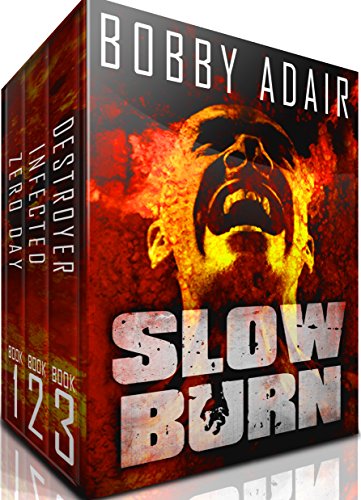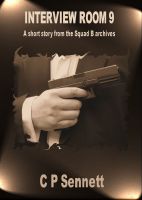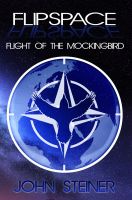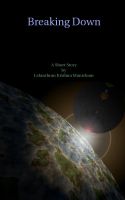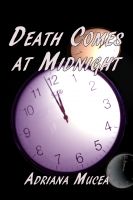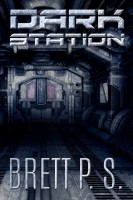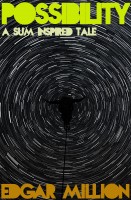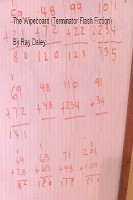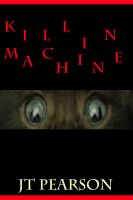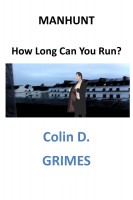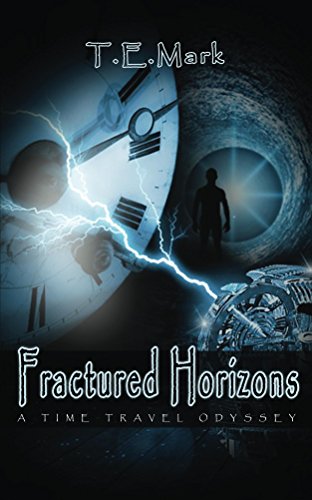The Hydrogen Sonata | Iain M Banks
Brass Man | Neal Asher
Hilldiggers | Neal Asher

It's kind of unfair to compare the Culture and the Polity, but perhaps it's also inevitable. In both, humans live in high-tech worlds, all over the galaxy, and AIs run the place, benignly, wisely, and almost omnipotently. So this review will read a bit like Alien vs Predator. (In more ways than one: fans of Alien movies didn't like AvP, fans of the Predator movies didn't like AvP, so I can assure you that both the Culture novels and the Polity novels are a sight better than this CvP review).
I've loved Iain M Banks' Culture since I first read
Player of Games many decades ago. Since then, I've read most of the Culture books (there are still a couple more I haven't read, what a treat). My favourites in the Culture are
Inversions, Against a Dark Background and the utterly awesome
Matter.
A few years ago, I discovered Neal Asher's Polity, too, having read
Gridlinked. Then a hiatus, after which I read
The Technician. And then a really long gap before I devoured, one after the other,
Brass Man (Ian Cormac is back! Yay!) and
Hilldiggers (without Cormac or the Dragon).
First, The Hydrogen Sonata. In typical Banks style, we get to meet a protagonist, Vyr Cossont, who does truly weird things for definitely alien reasons (getting an extra pair of arms to play a hideously discordant and complex instrument created for a piece of music that is "definitively" reviewed as a "peerless challenge", but as a piece of music, "without merit"). She is part of a civilisation that is planning to Sublime (into matterless life in the great informational beyond), in less than a month. However, political and military shenanigans occur early in the book, and the whole process of Sublimation may or may not be derailed. Should it be derailed or not is a question that a motley group of ship AIs from the Culture grapple with.
So we have ship avatars, British humour, chases, a confused attack arbite (robot?) who sees the world as a cool simulation, the bewildered Cossont, an old human, people who are partying like crazy (Banks writes a great crazy party) and people willing to kill thousands to hide the guilty secret.
It's a great story, zipping along. But not as good as the other books I mentioned above. One of the lesser Banks' books. Which is still head and shoulders above most sci fi books. Of course, but naturally, it makes you think. And it makes you look up words like kakistocrat.
Brass Man brings back the broken golem, Mr Crane, last seen being vanquished by two Golems and its mind (in its crystal) being smashed to bits, after laying a path of blood and gore at the behest of that evil and obsessed terrorist Arian Pelter.
Except that Skellor, the even more evil human who used the scarily super high-tech alien Jain technology to try and take over Masada from both the Dragon and the Polity, is not, after all, dead. And he resurrects Mr Crane. Skellor is like a supervillain with almost no chinks in his capability. Even Jerusalem, a Polity AI as powerful as the super-potent Earth Central, is terrified of Jain tech. Mr Crane is as broken as ever. Both are going to Dragon (one of the four spheres, hiding undamaged on Cull, a world of pre-Polity humans) for more power, more evil, more mwahahaha. And against them we have Ian Cormac, a couple of golems, and a few humans who are now developing incurable cancers from the Jain tech, plus a ship AI called Jack Ketch. And a pre-Polity just-at-rifles-level human on a sandhog who is a Rondure Knight out to slay a dragon. All would be fine except for some traitors in the woodpile. The good guys have to really struggle, and frankly I wondered how they were going to win at all, even partially, till almost the last chapter.
Hilldigger is without Cormac, but has an Old Captain aka immortal from the planet Spatterjoy instead. He's the Polity envoy-cum-assessor to two colonised planets of pre-Polity humans who've been having a running space war for several centuries. One planet, the hotter one in the system, is home to the high-temperature-adapted Sudorians, who find 55C chilly, and bear an ancient grudge against the Brumallians, who live on the slower and cooler planet and have organic tech to save themselves from a chlorinated atmosphere. The war is won by the Sudorians, when they capture an alien/artifact called the Worm, imprison it, learn about U-space and other such. Immediately after this, the Polity comes offering tech and miracles, if only the Sudorians (and maybe the vanquished Brumallians, later) join up. Except that Fleet doesn't want peace. And four genius quad orphans are manipulating their way up into Sudorian society for reasons they themselves don't know. Our Envoy needs to ensure peace while being under constant attack from factions and also from a Spatterjoy pair of viruses fighting it out in his body, all while his invincible helping drone is half-destroyed.
Swashbuckling, breathless, wonderful space opera of the best quality. Inventive, full of tech and creatures from the highest and maddest level of creativity.
Except that asteroids are not so close that they keep banging into each other every few hours. I bet even Saturn's rings don't have that kind of hectic clashing of rocks, and they are a sight denser. Neal Asher, major fail, that.
And somehow, I always think of the vegetarian, non-violent and gentle Jains I know when I see the word Jain, and the cognitive dissonance is fierce.
Overall, I find Polity books more fun, perhaps because they are more human-centric while the Culture books are more AI-centric, though Matter will always be in my top 10 list. Culture books may be more authentic in their treatment of inscrutable AIs and regarding a post-scarcity future, but Polity books’ people are just more accessible and relatable.
